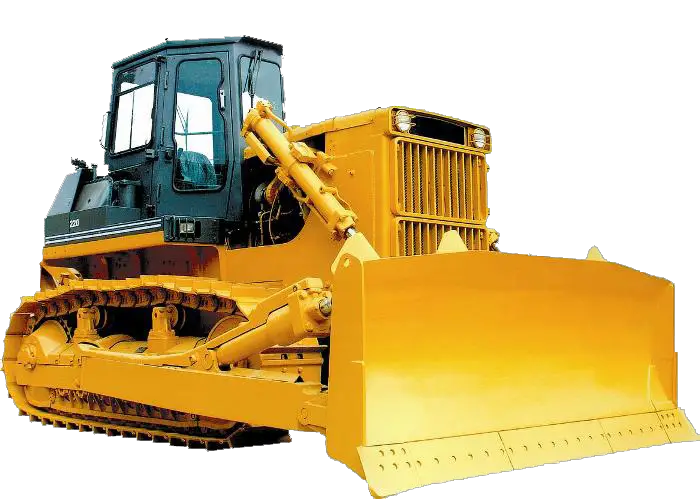With the pandemic and the ensuing “labor shortage,” hundreds of thousands of people are reconsidering their career choice and pursuing the occupation of their dreams. Or in less flowery language, pursuing careers that will be more viable in the future, that will pay more as time goes on. While some are choosing to enter the digital sector, training at coding bootcamps to become cybersecurity experts, and others are going back to school, trying to get a degree that they can use to do more than teach, some are choosing to enter the construction field. As they should, while the construction industry has a bit of a reputation for being a hard line of work, construction workers (and companies) are always needed as land development continues all over the continental US.
Whether you’re reading this as an established businessman looking for the latest and greatest pieces of industry tech, or someone looking to dip their toe into the field and wondering what kind of investment will be required to get started, this list should provide you with the necessary resources and information to construct or improve your own construction outfit. While not an exhaustive list of all the equipment you’ll need to get started, the hope is that this list provides you with a few of the fundamentals, as well as some extras that may make your workers’ lives a little easier.
Without further ado, let’s get into it.
Earth Movers and Shakers: The Fundamentals
At a bare minimum, you’ll want to make sure you can get your hands on an excavator, a backhoe, and a bulldozer, as all three are pieces of earth-moving equipment that can perform a variety of necessary functions. Excavators are masterworks of heavy machinery, able to be used for their namesake as well as demolition, river dredging, and cutting down trees. Backhoes are even more versatile, being used for a multitude of necessary functions in any construction project, and bulldozers are… well, less versatile, let’s say, but necessary all the same. These three machines can be understood as the foundation of any fledgling construction company, essential for just about any project your company’s looking to complete.
In order to maximize the productivity of these machines, however, you should look to purchase devices that are from a reliable brand and in good condition. The condition of the machines will likely affect the quality of their work, so once an investment is made, you’ll also probably need to invest some time and money into their upkeep. Should they fall into disrepair, or should you purchase a faulty device because you weren’t paying attention, it’ll likely result in a lot of wasted money on your part.
The Particulars: Equipment You May Need for Specific Jobs
Once you’ve got that foundation established, there are other kinds of equipment you’ll likely need depending on the kinds of jobs you plan on taking. If you’re looking to construct roads, for example, you’ll probably want to get your hands on a grader or a wheel tractor scraper. Both pieces of equipment work to flatten and even out soil surfaces before laying asphalt. Once you decide what kinds of jobs your company will be taking, researching the types of equipment you’ll need for your company’s specialization can save you a lot of growing pains.
You can also pick up some newer tech that’s been developed to simplify typically troublesome construction processes, like manual and automatic heat staking machines. Heat staking is a method of joining components without the need for unnecessary hardware: if one of the components involved is made of thermoplastic, heat staking can join the necessary pieces together quickly and easily. Other new inventions you may want to look into include a tunnel boring machine, concrete moisture meters, and a line laser level.
Building Your Company From the Ground Up
This is, as mentioned earlier, not an exhaustive list of the equipment you’re likely to need, and the kinds of technology you’ll want to invest in will likely differ depending on the projects your company takes on. As you begin to build your brand concept, conduct research on the kinds of equipment you need; See if you can get it used, but not broken, and you’ll be well on your way to making a name for yourself in the construction community.

great info, thanks for sharing it.